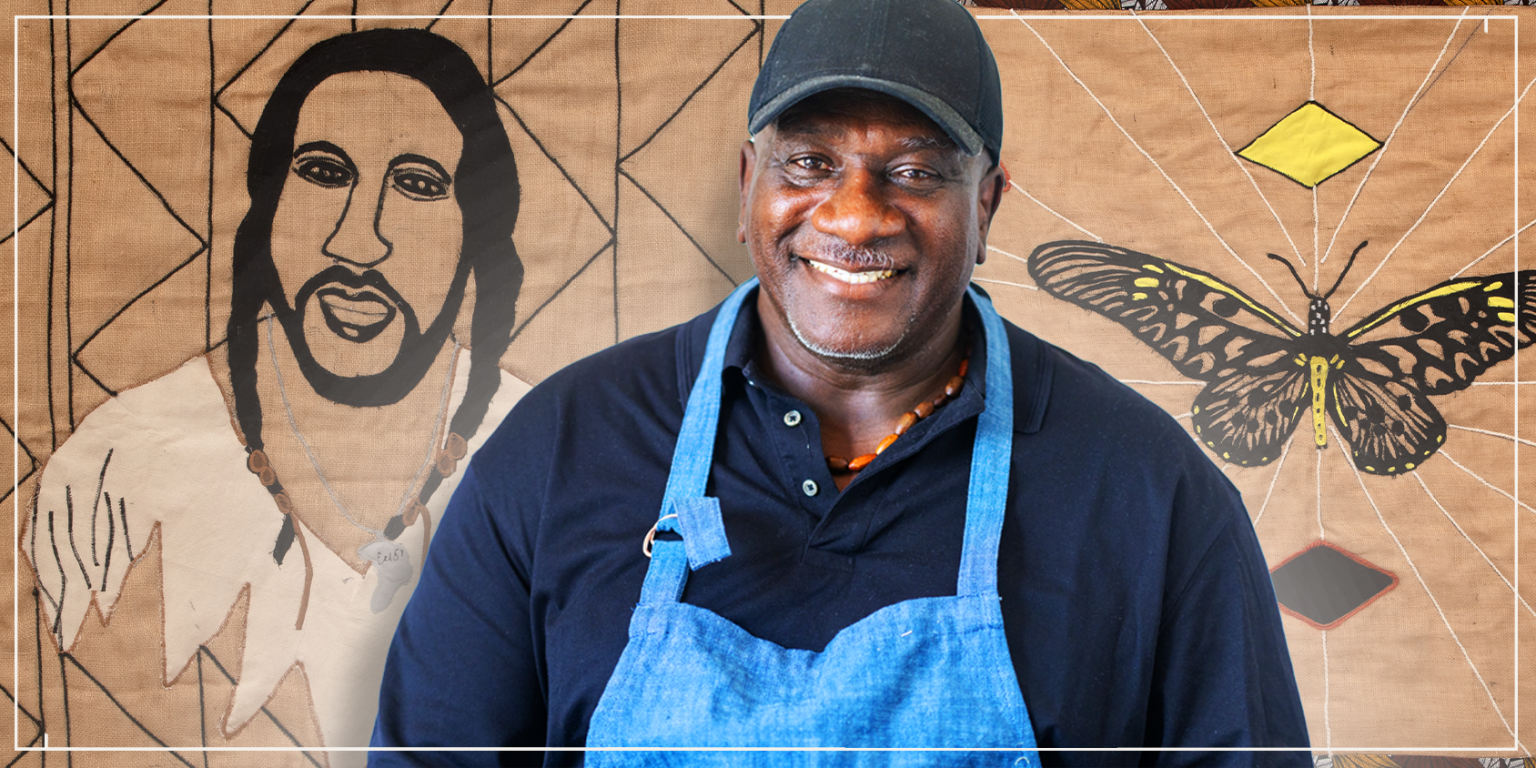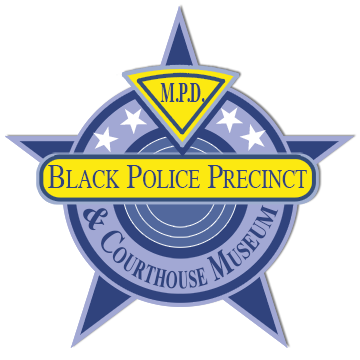
- This event has passed.
Artist & Panel Conversation | Grief Not Guilty: Reclaiming My Time
December 5, 2024 @ 2:30 pm - 4:00 pm EST
Free
The Black Police Precinct and Courthouse Museum is honored to invite you to the opening reception of the powerful exhibition, Grief Not Guilty: Reclaiming My Time.
Event Schedule:
- 1:00 PM – VIP Ticketed Event*
Enjoy hors d’oeuvres and spirits sponsored by Black Art Guide (B.A.G.) in an exclusive setting. Get your Ticket Here! - 2:30 PM – Artist & Panel Conversation**
Featuring artist Gary Tyler, represented by Library Street Collective. Join us for an engaging discussion with the artist and panelists as they explore the themes of the exhibit.
RSVP above. - 4:00 PM to 5:00 PM – Exhibit Opening to the Public
Experience this thought-provoking exhibition as it opens to the public.
* For more information on VIP reception tickets, please contact us at events@historicalblackprecinct.org or call 305-329-2513.
** To RSVP for the Artist & Panel Conversation, or please contact director@historicalblackprecinct.org
Thanks to our sponsors at Art of Black Miami/Greater Miami Convention & Visitors Bureau, we can offer support to formerly incarcerated individuals and the families of those currently incarcerated, making it possible for them to attend free of charge. If you or someone you know has been incarcerated and would like to attend this event, please email Director@
We look forward to seeing you at this meaningful celebration of art and history!
About the Artist:
Gary Tyler was just 16 years old when he was charged with shooting a white student in 1974 and sentenced to death, a crime that, many witnesses agree, he did not commit. Mr. Tyler, then a sophomore in high school in St. Charles Parish, Louisiana, was riding a school bus that was attacked by a segregationist mob. In the chaos, someone fired a shot that killed a 13-year-old white boy, Timothy Weber. After Mr. Tyler, who is Black, spoke to one of the deputies, he was arrested for allegedly disturbing the peace. He was beaten while in custody, charged with first-degree murder, convicted by an all-white jury, and sentenced to death. In all, he spent 41 years at Angola prison.
Now, Mr. Tyler is debuting his first solo art exhibition in Detroit, Michigan at the Library Street Collective. The exhibition features a series of quilts made by Mr. Tyler and is called “We are the Willing,” which was also the motto of the Angola prison’s drama club where Mr. Tyler served as president for 28 years. The series features both quilted self-portraits and brightly colored quilts of butterflies, plants, and birds. In an interview, Mr. Tyler explained “I wanted to do something that was provocative, eye-opening, where the audience, when they leave, they’ll leave with an impression that this individual, you would say he didn’t allow the conditions of prison to dehumanize him. He didn’t allow the prison to destroy his character.”
Mr. Tyler’s sentence was converted to life in prison without parole in 1976 after Louisiana’s mandatory death sentencing regime was struck down as unconstitutional. In 1981, a federal appeals court found that Mr. Tyler’s conviction was unconstitutional but denied him a new trial. Several of the witnesses who testified against him at trial later recanted their testimony and claimed that they had been threatened by police to testify against him. During the 41 years Mr. Tyler served in prison, he was considered a mentor to many other prisoners, and was recommended by the Louisiana Pardon Board for a pardon three times. Despite this, Mr. Tyler remained in prison until two U.S. Supreme Court cases struck down mandatory life without parole for juveniles, and he had an opportunity to again seek parole.
Mr. Tyler learned how to quilt in prison. He spoke of how his mother and grandmother both sewed and how he was able to volunteer with a charity that raised funds for the prison hospice by auctioning off quilts sewed by him and other prisoners. He explained that sewing was a way to feel connected to his mother, who passed away before he was released.
Mr. Tyler spoke about the symbolism in his quilts. He uses butterflies to represent his life’s journey: “I saw my time in prison as being almost like a cocoon. Now that I am free it’s like I’m a butterfly.”
Mr. Tyler was released in May of 2016, and although he still professes his innocence, he was required to plead guilty to manslaughter before being paroled. The plea prevents Mr. Tyler from receiving any reimbursement for his time in prison, nor is he officially considered an exoneree. –Death Penalty Information Center

